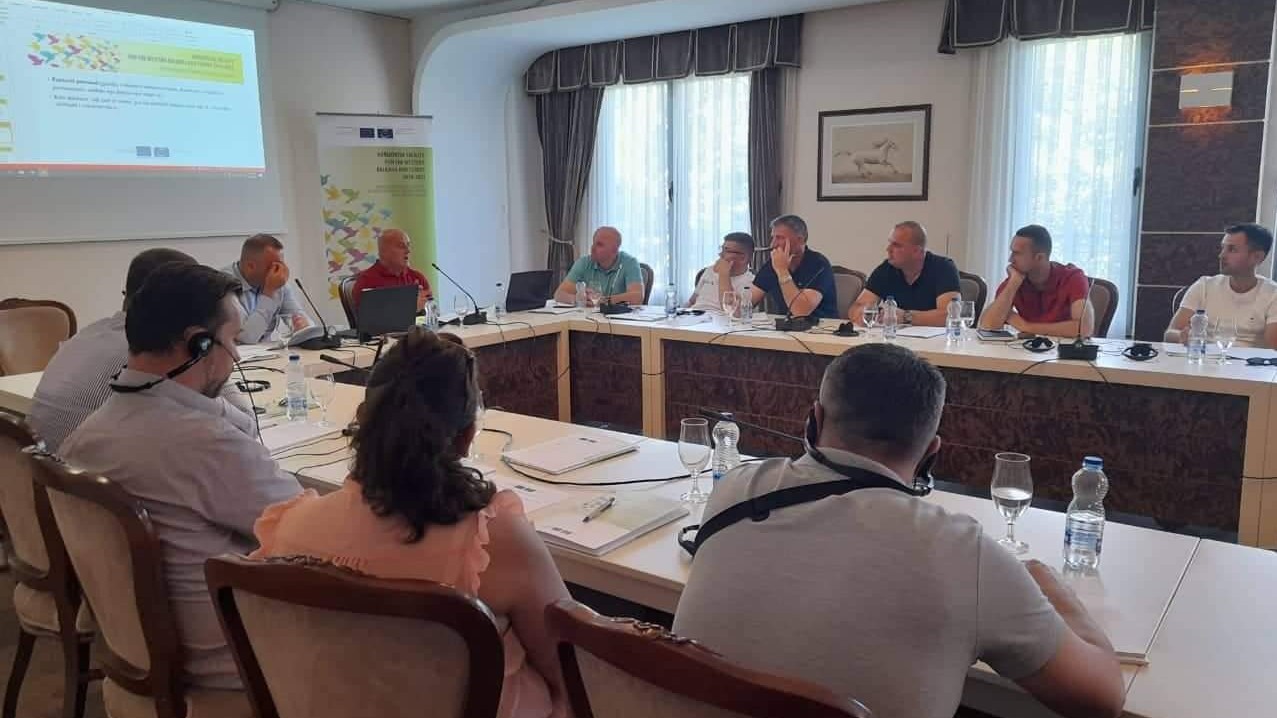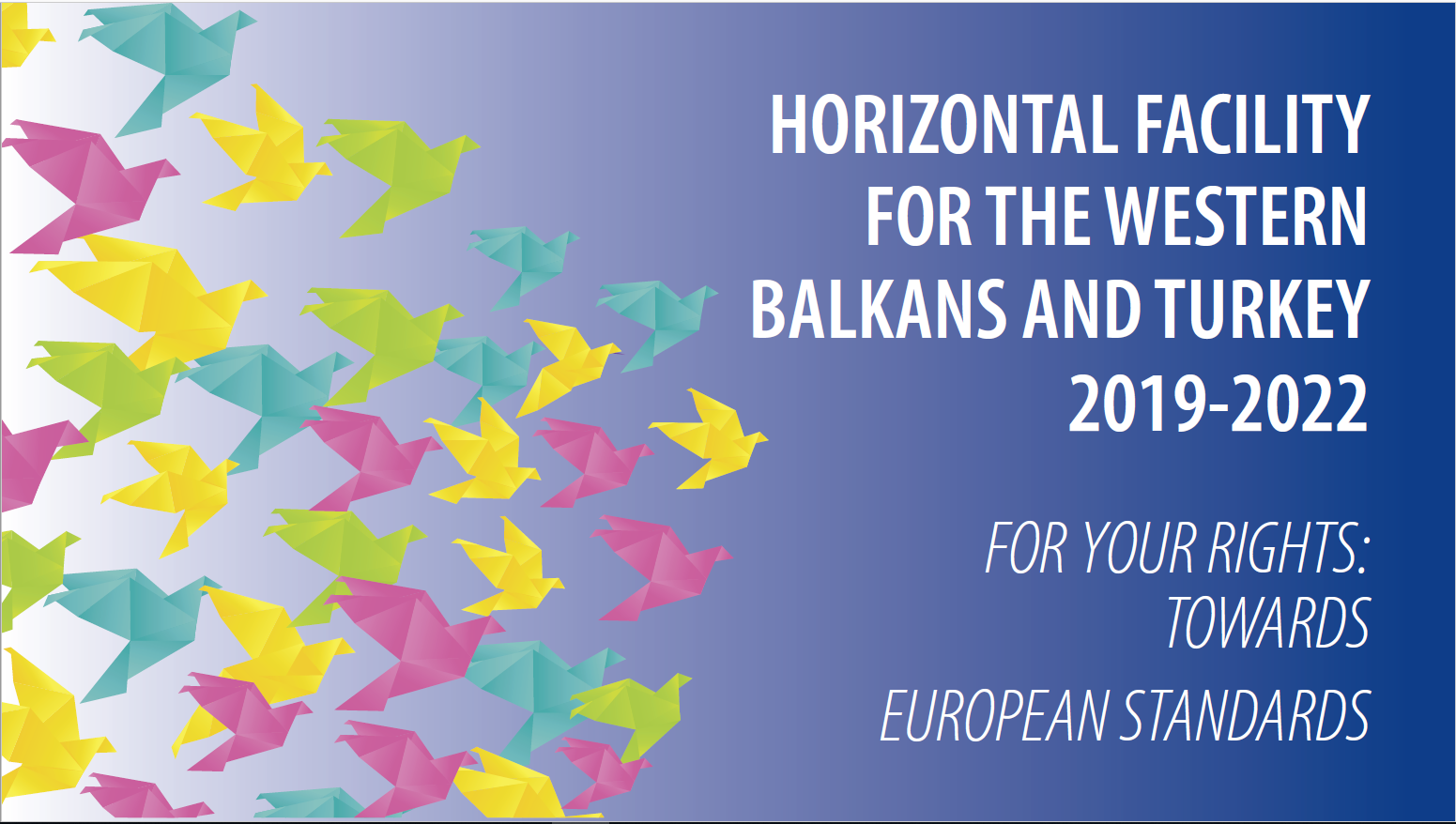What behavioural indicators could show presence of radicalisation? What are the main relevant factors in the risk assessment that a prisoner may pose? How to translate knowledge and information gathered to determine priority individual rehabilitation and treatment needs of a violent extremist prisoner (VEP)?
These were only some of the main topics addressed in seven cascade training sessions organised with in the framework of the EU and Council of Europe joint “Horizontal Facility II” programme, for prison staff in Kosovo and Serbia.
More than 170 selected participants, coming from management, security and treatment sectors from more than 30 prison facilities in the two Beneficiaries, increased their knowledge on evidence-based methodology in screening and conducing risk and needs assessment of VEPs. They also discussed potential obstacles prison staff may face when this methodology becomes standardised operational procedure in working with VEPs and prisoners at risk from radicalisation across all detention facilities.
The training sessions were facilitated by the prison staff who took part in piloting of the VEP-specific tools and programme in Kosovo and Serbia. The trainers also shared with their peers the challenges they encountered during the pilot phase, allowing them to exercise the application of the tools through simulations on case studies.
The cascade sessions were organised under the Beneficiary-specific components of the regional action “Enhancing penitentiary capacities in addressing radicalisation in prisons in the Western Balkans”, implemented within the joint European Union and the Council of Europe programme “Horizontal Facility for the Western Balkans and Turkey 2019-2022″.
* This designation is without prejudice to positions on status and is in line with UNSCR 1244 and the ICJ Opinion on the Kosovo Declaration of Independence.




